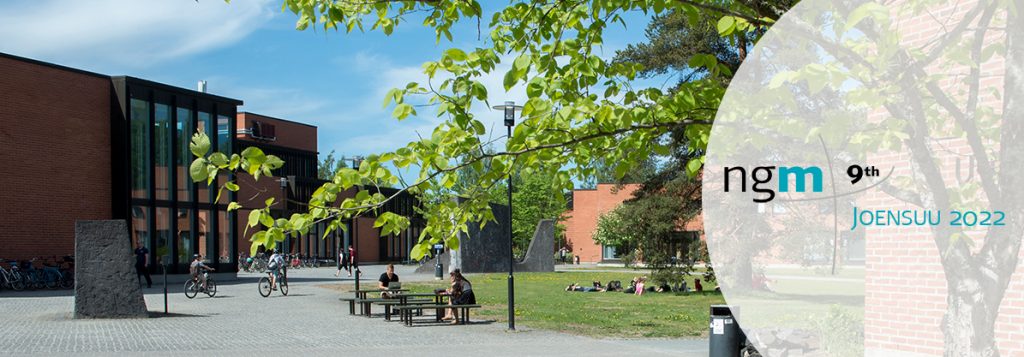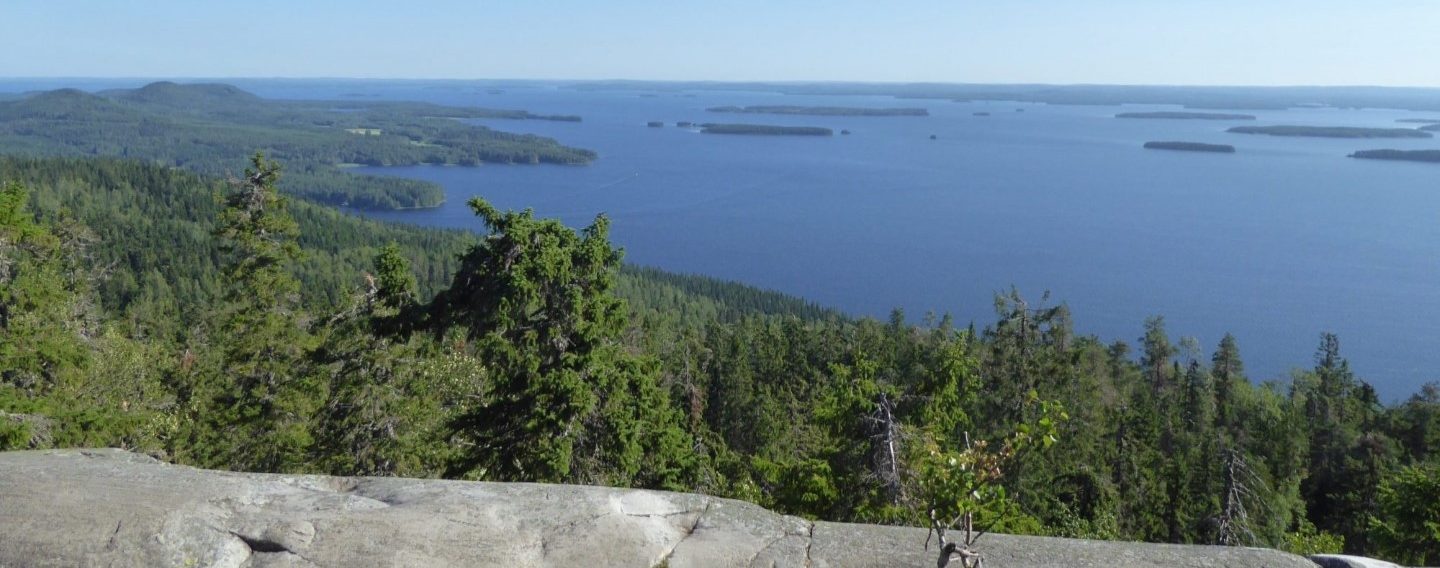
The Department of Geographical and Historical Studies & the Karelian Institute at the University of Eastern Finland warmly welcome you to
The 9th Nordic Geographers Meeting
on
Multiple Nordic Geographies
19th – 22th of June 2022
in
Joensuu, Finland
We are looking forward to meet many of our fellow geographers in June 2022 in beautiful North Karelia!
For questions and inquiries please write us at NGM2022@uef.fi
Stay informed by following us on Twitter @NGM_Joensuu2022

